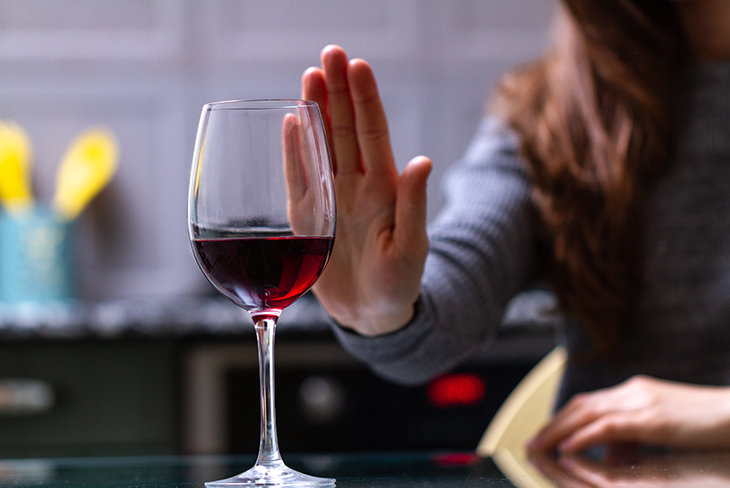Am I drinking too much?

Whether it’s rum and Coke at a braai, cheering on your soccer team with a beer, or meeting for after-work drinks, alcohol is a big part of the South African social scene. But when is ‘enjoying a drink’ actually something more serious?
Alcohol in South Africa
According to a 2018 study by the BMC Medicine journal, South Africa is among the highest in the world when it comes to alcohol consumption. One in 10 deaths in the country can be attributed to alcohol abuse in some way, with men in low-income groups most at risk.
However, it’s easy to think that while you like a drink, you don’t fit the stereotype of an alcoholic – you have a job and a family, you’ve never been homeless or stolen money to buy alcohol – but the reality is alcoholism takes many forms. So, when should you ask yourself: do I have a drinking problem?
Warning signs
‘There are a number of signs that should ring alarm bells,’ says Anneline Reetley, counselling psychologist at the Life Mental Health Unit at Life Glynnview. ‘For example, when you drink and cannot stop until the alcohol is finished; you need alcohol to relax, feel confident and enjoy yourself; and if you try to cut back, but can’t.’
Other signs include lying and feeling guilty about how much you are drinking and drinking in the morning or when alone. ‘When family and friends express concern about alcohol use or it gets you into trouble with the law or at work, you have blackouts or can’t remember anything from when you were drunk, these are all concerning signs.’
How to recognise a problem
The warning signs above will provide you with a good indication of the extent to which you, or someone you know, has a drinking problem. But you might also notice a change in behaviour that seems out of character: the person may be neglecting things that they once valued, lose track of goals and start to isolate themselves from family and friends, especially those that confront them about how much they are drinking.
‘Addiction causes major changes in wellbeing. When alcohol use progresses to the disease of addiction, there are permanent changes that may occur to the brain structure and function,’ says Anneline. ‘Addiction can cause extensive pain in multiple areas of one’s life. Early identification of the problem and preventative measures can save a lot of pain and heartache.’
Advice for drinking alcohol
There are a number of checks and balances you can put in place to ensure you are responsible when it comes to your alcohol use, especially over the summer holidays and festive season when binge drinking is a possibility.
Anneline’s advice on safe drinking is to implement the following:
- Determine what the cut-off is, when you’ve had enough.
- Communicate the plan to exercise control with family and friends.
- Give permission to people you trust to speak to you when you exceed the limits you set.
- Remove yourself from situations where you know you will be tempted to lose control.
- Limit contact with people who abuse alcohol.
- Maintain a good support system.
Where to turn
Get help from Alcoholics Anonymous or call them on 0861 435 722. You can also seek help from one of Life Healthcare’s nine Mental Health Facilities spread across four provinces.
The information is shared on condition that readers will make their own determination, including seeking advice from a healthcare professional. E&OE. Life Healthcare Group Ltd does not accept any responsibility for any loss or damage suffered by the reader as a result of the information provided.

